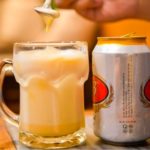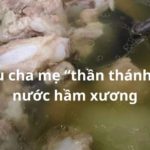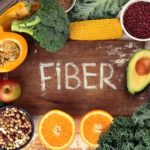Nutrition is vital for a mother dog’s well-being, especially after giving birth. Let’s explore what new mothers should eat to stay healthy and produce ample milk for their puppies.
1. What should a mother dog eat to produce more milk?
1. Protein
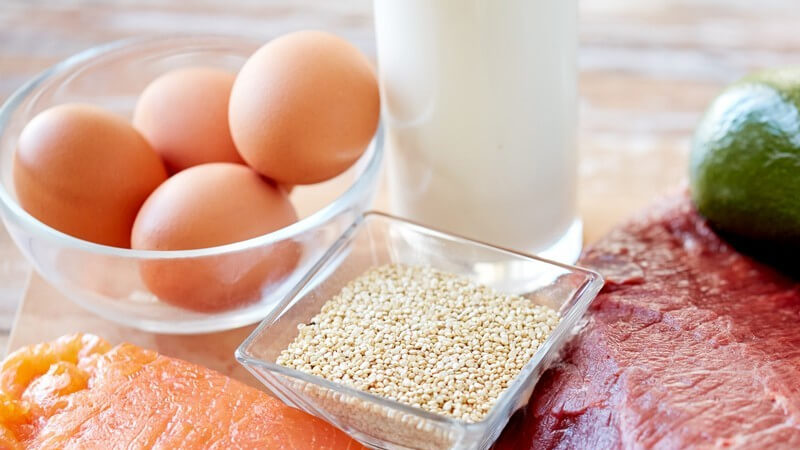 Protein
Protein
is an essential component that new mothers must prioritize. Adequate protein intake helps prevent lactation issues in mother dogs.
Include foods like eggs, lean meats such as chicken and turkey, red meats, fish, and organ meats like liver in their diet.
2. Fat
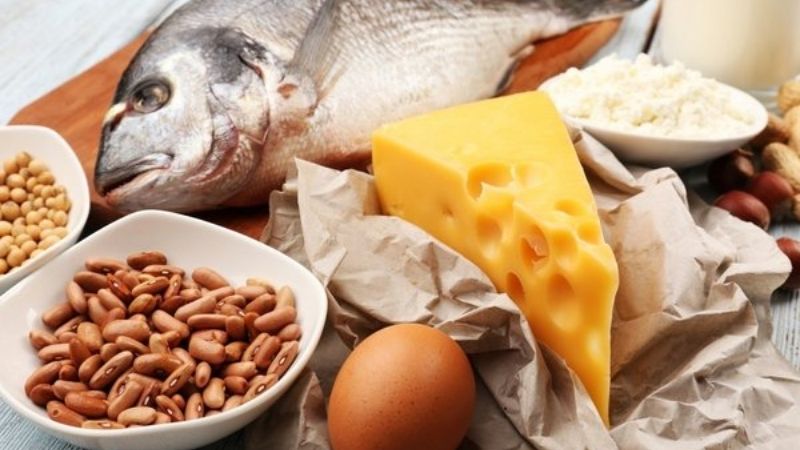
is crucial for the development of puppies. Thus, a mother dog’s diet should include higher fat content than usual (around 15% of the total diet).
Include fatty fish like salmon, as well as other sources of healthy fats, in their meals.
3. Carbohydrates
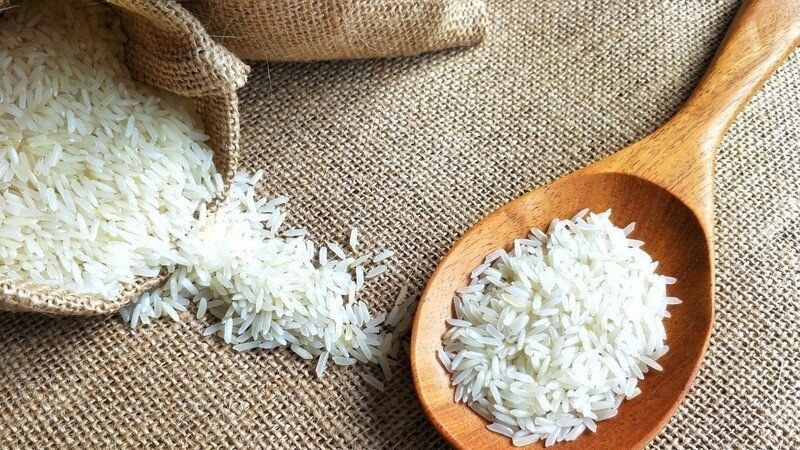
Carbohydrates provide a rich source of energy to aid in recovery after pregnancy and childbirth. They also help mother dogs produce more milk.
Introduce rice or porridge into the dog’s diet, but monitor the intake to avoid overfeeding, which can lead to obesity.
4. Fiber

is beneficial for a mother dog’s digestive health. However, avoid excessive use of beans, legumes, and plant-based proteins as they may not be suitable for dogs.
5. Calcium
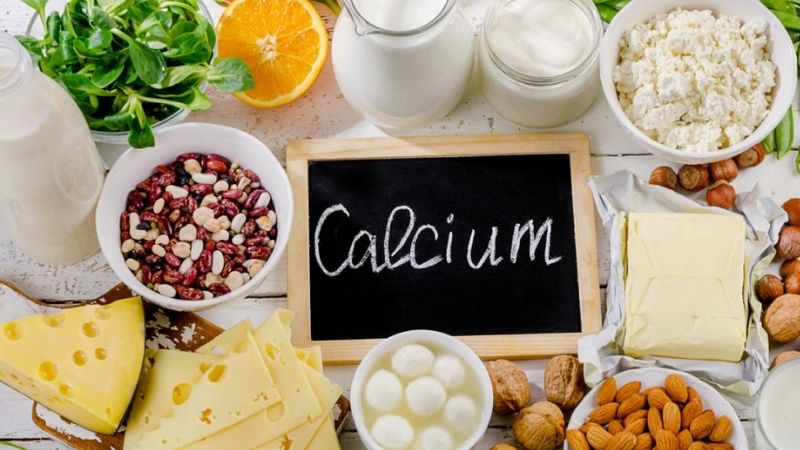
Mother dogs require a sufficient calcium intake after giving birth. A deficiency can lead to seizures and impact the health of both mother and puppies.
Include calcium-rich foods like eggs, cheese, dark leafy greens, and other green vegetables in their diet. Calcium absorption also benefits the puppies, supporting their bone development.
6. Water

Water is essential for mother dogs, as it stimulates milk production and provides electrolytes. Offer water, milk, bone broth, or vegetable broth to keep them hydrated.
2. How to care for a mother dog after giving birth
– Within 24-48 hours after birth, mother dogs might not eat much. Do not force-feed them. Offer light meals and use their favorite treats to encourage eating.
– Trim the mother dog’s fur, especially if it’s a long-haired breed, to maintain hygiene around the mammary glands.
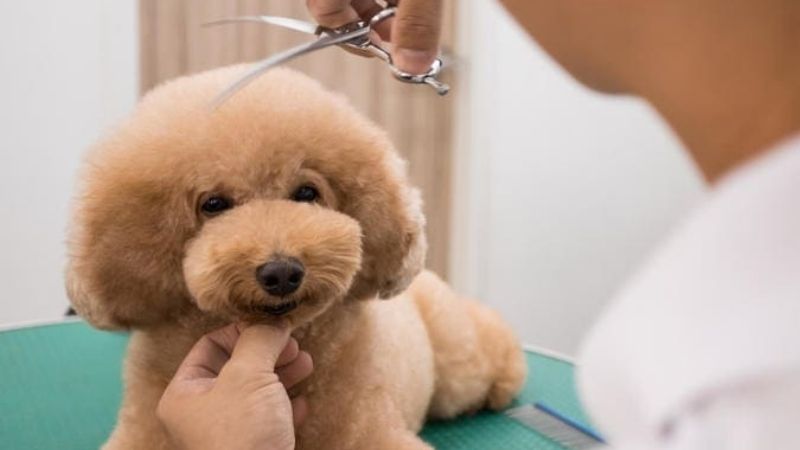
– Daily inspections of the mammary glands are crucial to detect and prevent mastitis, a potentially fatal condition during lactation. If you notice redness, hardness, warmth, or pain, seek veterinary care immediately.

– In the first few weeks (around 8 weeks) after birth, mother dogs may experience vaginal discharge, which is normal. It can be brownish-red and have a mild odor. However, if the discharge changes color (yellow, green, or gray) or has a foul smell, consult a veterinarian.
– Provide a warm and comfortable space for the mother and her puppies during winter.
Now you know what to feed a mother dog to ensure her health and milk production. Stay tuned for more informative articles on pet care and animal nutrition!
Pig Has 2 ‘Golden’ Parts: More Beneficial than Ginseng and Bird’s Nest, Can Be Eaten Without Getting Fat
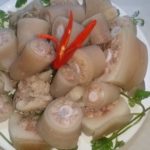 Fat‘>
Fat‘>Pork is a staple food in every household. Did you know that there are 2 valuable parts of a pig that are often overlooked?

























